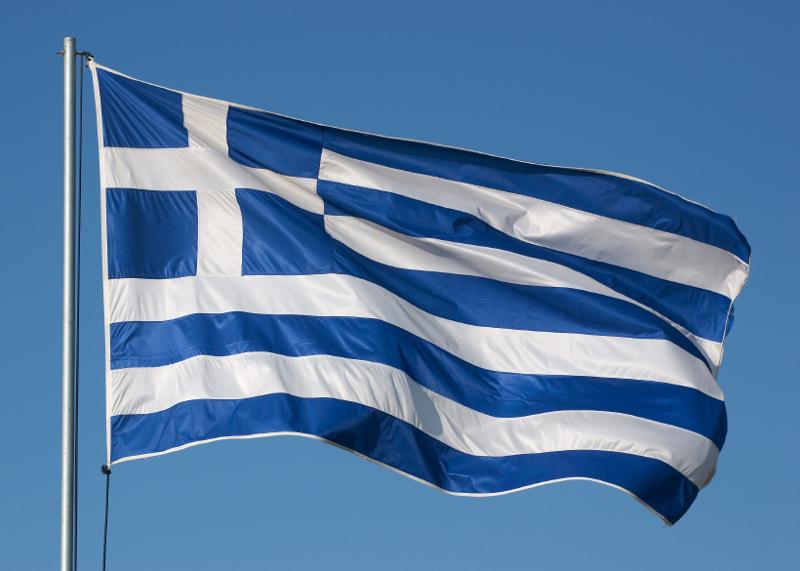Greeks hope for deal after latest bailout proposals
| Greeks awoke on Friday hoping their government would finally seal a cash for-reforms deal with its international creditors after Prime Minister Alexis Tsipras offered last-minute concessions to try to save the country from bankruptcy. |
The Greek parliament will vote on whether to throw its weight behind the new proposals and two senior figures from the ruling Syriza party sounded an optimistic note on Friday morning on securing the lawmakers’ backing.
The creditors have not commented on the merits of the latest Greek offer, which included plans for more tax hikes and pension reforms. The lenders’ backing is crucial for euro zone leaders to support the proposals at a summit on Sunday.
Before that, finance ministers of the 19-nation euro area will meet on Saturday to decide whether to recommend opening negotiations on a third bailout program for Athens despite widespread exasperation at the five-year-old Greek debt crisis.
European markets rallied on the improved prospects for a last-ditch deal to keep Greece in the currency area, with Eurostoxx futures up 1.7 percent.
Greece asked for 53.5 billion euros ($59 billion) to help cover its debts until 2018, a review of primary surplus targets in the light of the sharp deterioration of its economy, and a “reprofiling” the country’s long-term debt.
But the plan could cause trouble for Tsipras at home, from hardliners in his own party as well as his junior coalition ally. Any new deal would also have to be endorsed by national parliaments including in Germany, where attitudes toward giving Greece more money have hardened.
Tsipras has called a snap vote in parliament on Friday asking for its backing to negotiate a list of “prior actions” — measures his government would take to convince creditors of its intent for an aid deal, and to secure the first disbursement.
Asked if there would be a deal, Syriza’s parliamentary spokesman Nikos Filis told journalists: “Certainly. Today we are speaking in parliament.”
Interior Minister Nikos Voutsis was also upbeat, telling reporters ahead of a Syriza party meeting that he was optimistic that a good deal for Greece could be reached.
“THE RIGHT CHOICE”
The latest offer also included defense spending cuts, a timetable for privatizing state assets such as Piraeus port and regional airports, hikes in VAT for hotels and restaurants and slashing a top-up payment for poorer pensioners.
“The prime minister seems to have made the right choice between his party and the interest of Greece,” an editorial in the center-right daily Kathimerini said.
“His decision to accept a tough package of measures will ensure the country stays in the euro. This is not the time for gripes and assessing the damage, what’s most important is securing the country’s interests and its place in the euro zone.”
Greek banks have been closed since June 29, when capital controls were imposed and cash withdrawals rationed after the collapse of previous bailout talks. Greece defaulted on an IMF loan repayment the following day and now faces a critical July 20 bond redemption to the ECB of 3.49 billion euros, which it cannot make without aid.
The country has had two bailouts worth 240 billion euros from the euro zone and the IMF since 2010, but its economy has shrunk by a quarter, unemployment is more than 25 percent and one in two young people is out of work.
Germany, Athens biggest creditor, made a small concession on Thursday by acknowledging that Greece will need some debt restructuring as part of the new program to make its public finances viable in the medium-term.
“What is most important is that the package of measures will have the parliament’s authorization, not only from the two ruling parties but also the other three pro-European parties of the opposition – New Democracy, Potami and PASOK,” the Greek newspaper Ethnos said.


